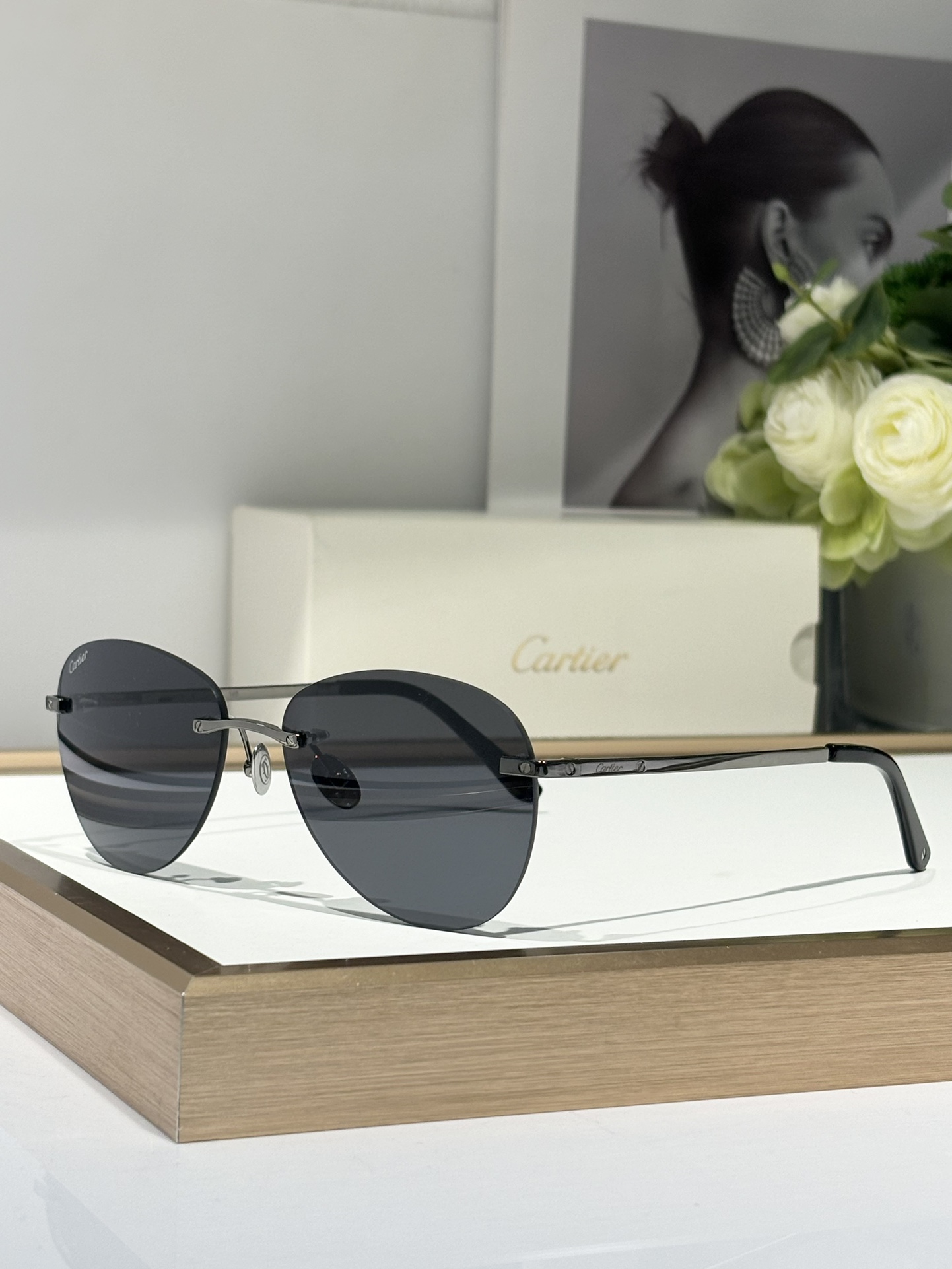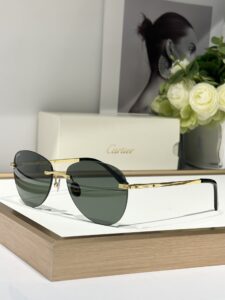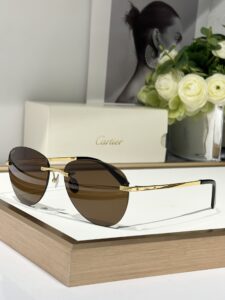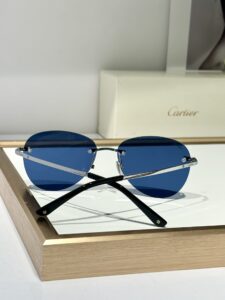Understanding Fast Fashion and Its Influence on Consumer Behavior
Fast fashion is a term that encapsulates a retail approach characterized by speedy production, affordable pricing, and rapidly changing trends. This business model has significantly reshaped the clothing and accessory markets, including the replica sunglasses sector. By prioritizing a swift turnaround from design to retail, brands can provide consumers with the latest styles almost instantaneously. This has resulted in an environment where appearance and fashion consciousness drive purchases, often at the expense of quality and sustainability.
The psychological impact of fast fashion on consumers is profound. It fosters a compulsive buying culture, creating an insatiable desire for trendy items that often leads individuals to purchase more than they actually need. The pursuit of on-trend apparel, including sunglasses, has convinced consumers that they must frequently update their wardrobes to stay fashionable. This relentless cycle of consumption not only encourages financial strain but also incites guilt around the environmental implications of such prodigious purchasing behaviors.
The fast fashion phenomenon has propelled the popularity of replica products, particularly in the sunglasses market. Affordable alternatives to high-end designer eyewear have flooded the market, driven by consumer demand for stylish accessories without the corresponding price tags. Consequently, these replicas often sacrifice ethical considerations such as sustainable manufacturing processes and fair labor practices. The audacity of seeking both affordability and style can sometimes overshadow the discourse around ethical consumption, leading shoppers to inadvertently support industries that prioritize profit over sustainability.
Understanding the dynamics between affordability, style, and ethical consumption is vital. As consumers become increasingly aware of the repercussions of fast fashion, there exists a growing call for sustainability in their purchases. This shift encourages individuals to seek out sustainable sunglasses dupes that offer a more responsible approach to accessorizing while still embracing current trends.
The Replica Sunglasses Market: Trends and Concerns
The replica sunglasses market has witnessed significant growth, primarily driven by the fast fashion industry. This proliferation can be largely attributed to consumer demand for stylish accessories at a fraction of the price of authentic products. Popular brands often create iconic designs that inspire numerous replicas, which can be found across various platforms. Commonly replicated styles include oversized frames, aviators, and cat-eye designs, closely mirroring high-end fashion labels.
Price points for replica sunglasses generally range from $10 to $50, making them a more accessible option compared to authentic sunglasses that can cost anywhere from $100 to several hundred dollars. As consumers seek to keep up with the latest trends, these lower-priced alternatives have surged in popularity, particularly among younger demographics who frequent social media platforms. This online landscape plays a crucial role in popularizing replicas, as influencers and fashion bloggers often showcase them alongside their outfits, thereby driving consumer interest.
However, purchasing replicas raises significant concerns regarding quality and safety. Many of these sunglasses offer little to no UV protection, which can have serious implications for eye health. Authentic products typically adhere to stringent safety standards, ensuring that consumers are protected from harmful UV rays. In contrast, the lack of regulation in the replica market often results in products that may compromise both style and function.
Legal implications also exist, as selling and distributing replica items can infringe on intellectual property rights, raising ethical questions about consumer choice and responsibility. Ultimately, while the appeal of affordability in the replica sunglasses market is undeniable, it is crucial for consumers to consider the broader impacts of their purchasing decisions, especially in the context of sustainability and ethical fashion practices.
The Importance of Sustainable Fashion Choices
In recent years, the fashion industry has garnered significant attention due to the detrimental effects of fast fashion on the environment and society. Fast fashion, characterized by rapid production and consumption, often leads to massive waste and pollution, particularly in the accessories sector, including sunglasses. The production processes involved in creating fast fashion items typically prioritize cost-cutting over ethical considerations, resulting in a high carbon footprint and extensive water waste.
When it comes to sunglasses, both authentic designer pairs and their replica counterparts are often produced in ways that contribute to these environmental challenges. The materials used in production can include plastic and non-biodegradable substances, which exacerbate the issue of pollution. Moreover, the labor practices involved in the manufacturing of these accessories can sometimes involve exploitative conditions, raising serious ethical concerns. This highlights the pressing need for consumers to make informed choices about their purchases and consider the broader implications on the market.
Choosing sustainable sunglasses dupes, for instance, can be a meaningful way to align personal style with social responsibility. Not only can consumers find aesthetically pleasing alternatives to high-end brands, but they can also support brands that advocate for ethical production practices and use eco-friendly materials. By prioritizing these sustainable options, consumers play a vital role in driving a shift within the market away from harmful fast fashion practices.
Awareness is key; it’s essential for individuals to recognize that their purchasing decisions impact the environment and push brands toward more sustainable practices. By consciously opting for sustainable sunglasses and other fashion accessories, consumers contribute to a burgeoning movement that values ethical standards alongside aesthetic appeal. These choices can collectively lead to a significant positive change in the fashion industry’s landscape.
How to Choose Sustainable Sunglasses Dupes
Choosing sustainable sunglasses dupes involves a thoughtful consideration of several key factors, including the materials used, production practices, and the transparency of the brands. By prioritizing these elements, consumers can make informed decisions that align with their values while still enjoying stylish and fashionable eyewear.
Firstly, the materials used in producing sunglasses are crucial in assessing sustainability. Look for sunglasses made from eco-friendly materials such as recycled plastics or biodegradable options. Many brands now offer sunglasses crafted from sustainably harvested wood or plant-based materials, which are not only stylish but also minimize environmental impact. Avoid products that rely heavily on virgin plastic or other non-recyclable materials, as these contribute significantly to waste and pollution.
Secondly, examining production practices is essential. Brands that uphold ethical manufacturing processes are often committed to sustainable practices. Consider researching whether companies follow fair labor practices, provide safe working conditions, and engage in responsible sourcing of materials. Certifications and audits from reputable organizations can also signify a brand’s dedication to ethical standards. Transparency is increasingly becoming a hallmark of reputable brands, enabling consumers to trace the journey of their products from conception to retail.
In addition to materials and production practices, it’s vital to evaluate the durability and quality of sunglasses. Higher-quality dupes not only provide longer-lasting wear but also minimize waste, as they do not need frequent replacement. To assess quality, look for features such as UV protection, scratch-resistant lenses, and sturdy frames. Reading customer reviews and ratings can also provide insights into the performance and longevity of the sunglasses.
By considering these factors, consumers can confidently choose sustainable sunglasses dupes that reflect their style while contributing positively to the environment. Achieving a balance between fashion and conscientiousness is no longer a distant dream; it is an achievable reality.



